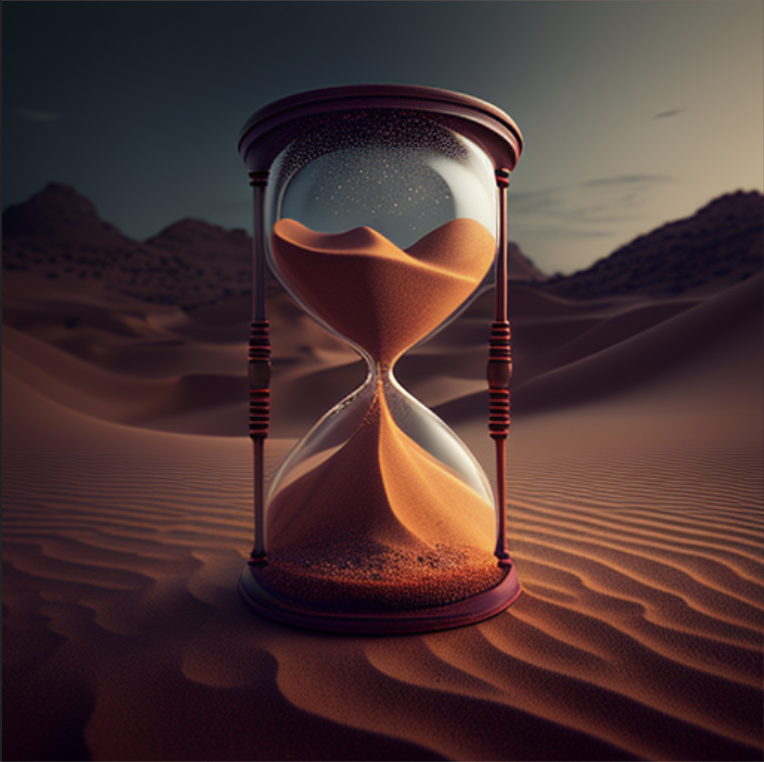The quest for balance is a perpetual dance, a tightrope walk between abundance and scarcity, energy and rest, thinking and doing. We strive to stay present and aware, to optimize our resources and maintain control over our lives. In this pursuit, we may find ourselves overwhelmed, taxed, and fearful of missing out on opportunities.
The fear of missing out, or FOMO, pervades our experiences, pushing us to do more, see more, and be more. Yet, ironically, this fear can lead us to miss out on the present moment, as our thoughts and actions become consumed by the anxiety of potential losses.
To rise above this cycle, we must learn to balance our thinking and doing. This may involve integrating habits and activities into our lives that promote a sense of wholeness and well-being, rather than merely pursuing achievements and accolades. We must recognize the trade-offs between rest and action, acknowledging that both are necessary for a fulfilling life.
Resource management is a delicate dance, a strategic endeavor aimed at maximizing our potential and enjoying the fruits of our labor. But we must also accept that there is a limit to our time, energy, and mental capacity. In seeking leverage and abundance, we must come to terms with the inevitability of rest and recovery.
The key to finding harmony may lie in the pursuit of energy in abundance. By optimizing our physical, mental, and emotional states, we can create a regenerative process that fuels our thoughts and actions with ease. This might involve nourishing our bodies, cultivating mindfulness, and engaging in activities that bring joy and rejuvenation.
Ultimately, the path to balance is a deeply personal journey, an ever-evolving exploration of our desires, needs, and limits. By embracing a mindset of abundance and aligning our actions with our deepest values, we can navigate the complexities of life with grace, and find peace in the knowledge that we are enough.

Upon the tightrope of life we tread,
Seeking balance ‘twixt fear and dread,
With every step, we strive to be,
Aware, in tune, and truly free.
In the dance of balance, we yearn for more,
Abundance, energy, life to explore,
Yet in this quest, we often find,
Ourselves consumed, by our own mind.
Fear of missing out, it grips our soul,
A thirst unquenched, an endless toll,
We chase the wind, our hearts aflutter,
In search of peace, we start to mutter.
Rest and action, we weigh the cost,
A fragile balance, too often lost,
In seeking leverage, we must learn,
That rest, recovery, we must earn.
Energy in abundance, our true desire,
A regenerative force, to never tire,
Physical, mental, emotional states,
Aligned and nurtured, as life dictates.
The dance of balance, a journey deep,
Through valleys of scarcity, mountains steep,
Embrace abundance, with every stride,
And in this dance, may peace reside.
—

HOW TO MASTER THE ART OF THE BALANCE?
Mastering the art of balance involves being mindful of your physical, emotional, and mental well-being, as well as setting priorities and managing your time effectively. Here are some best practices to help you achieve balance:
- Self-awareness: Develop a deep understanding of your values, priorities, and what brings you fulfillment. This self-awareness will help you make better decisions about where to invest your time and energy.
- Set realistic goals: Establish achievable goals that align with your values and priorities. Break down larger objectives into smaller, manageable tasks to keep yourself motivated and on track.
- Prioritize self-care: Make time for regular self-care activities that nourish your body, mind, and spirit. This can include exercise, meditation, healthy eating, and getting enough sleep.
- Learn to say no: Recognize that it is impossible to do everything and be everything to everyone. Prioritize your commitments and learn to say no to tasks or activities that do not align with your goals and values.
- Time management: Use effective time management strategies, such as creating daily or weekly schedules, setting aside dedicated time for work and relaxation, and minimizing distractions.
- Cultivate mindfulness: Practice mindfulness techniques, such as deep breathing or meditation, to help you stay present and focused on the task at hand. This can help reduce feelings of overwhelm and anxiety.
- Build a support network: Surround yourself with positive, supportive people who understand your goals and encourage your personal growth. This network can provide emotional support and practical assistance when needed.
- Embrace flexibility: Accept that life is unpredictable and be willing to adapt to changes and setbacks. This flexibility will help you maintain balance even in the face of unexpected challenges.
- Reflect and reassess: Periodically evaluate your progress and reassess your goals and priorities. This reflection will help you identify areas where you may need to make adjustments to maintain balance.
- Be patient and kind to yourself: Remember that achieving balance is an ongoing process, and it is natural to experience setbacks and struggles. Be patient with yourself and practice self-compassion as you work towards finding harmony in your life.

